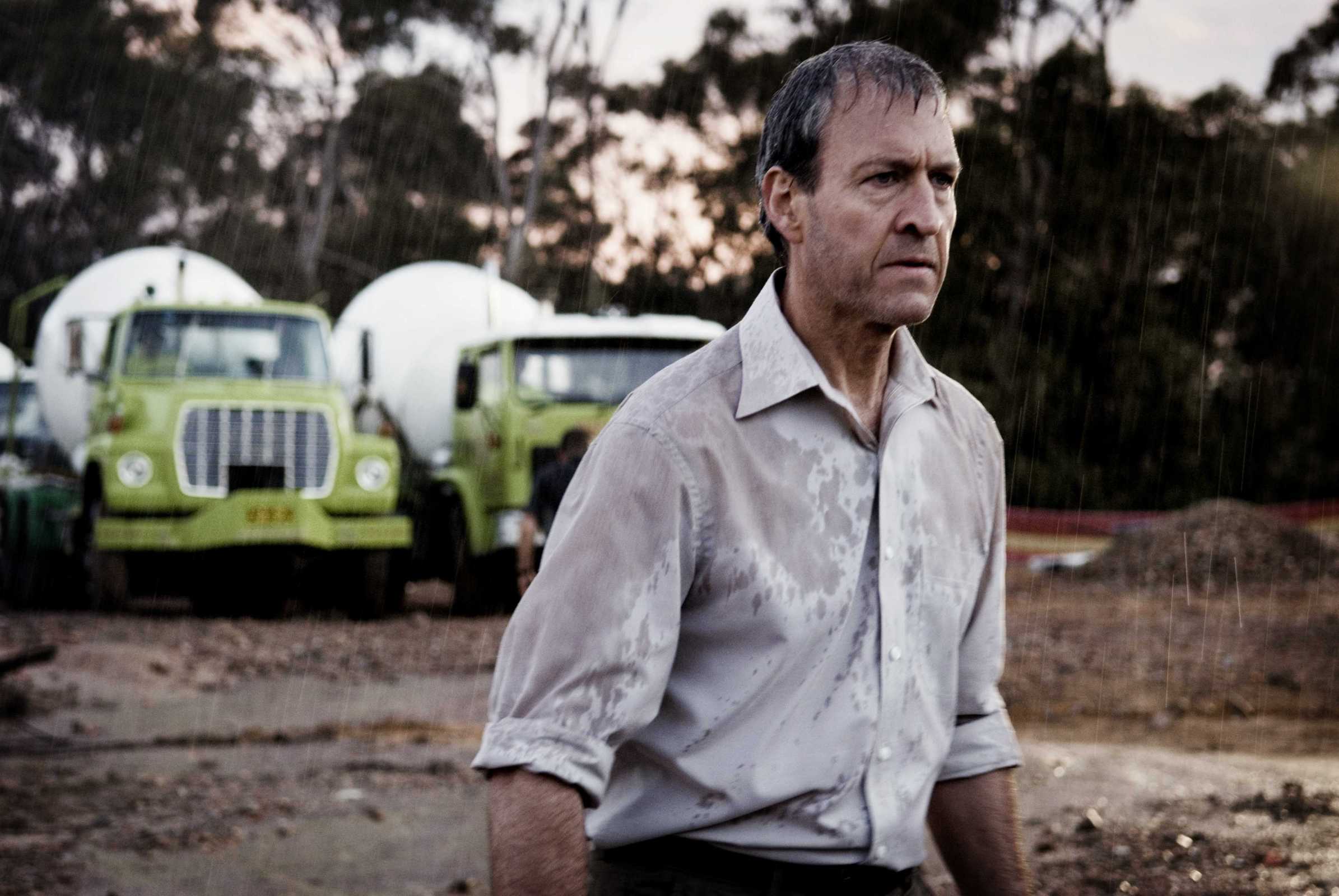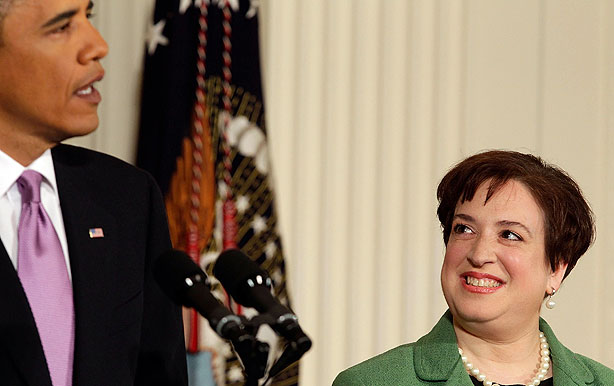
A man of dubious character, a desperate and beautiful woman, an illicit romance, a cuckolded criminal, some arsonists-for-hire, and a ginormous bag of money: Clearly, this is not going to end well. But as with most exercises in noir, it’s all in the telling. And, while you could argue that
Nash Edgerton’s The Square sorta loses its footing in the last fifteen minutes or so, it’s still a reasonably decent Aussie thriller in the vein of other recent neo-noirs like
A Simple Plan,
Fargo, or
One False Move. No need to rush out and see it, I don’t think, but it’s definitely worth adding to the Netflix queue, if you’re a fan of the genre.
This particular tale of the evil that Men do and the fickleness of Fate begins with a tryst — Underneath the overpass and watched by their respective canine companions, two lovers enjoy a brief flurry of passion in a parked car. (As in Before the Devil Knows You’re Dead, this is the fleeting moment of ecstasy that sets up the tale of woe to follow.) The man here is Ray (David Roberts, most recognizable to me as one of the “other” captains in the Matrix sequels), a married construction foreman not above taking a few kickbacks on the side. The woman is Carla (Claire van der Boom), also married, who works at the local beauty salon and spends her nights deflecting the advances of her thug husband’s creepy, ne’er-do-well friends.
The trouble emerges when said husband, Greg (Anthony Hayes), brings home a ginormous satchel of blood-soaked cash one night, and Carla happens to notice him — unbeknownst that he’s being watched — stowing it away in the attic space above the bathroom. Now that kind of money could change lives, and if she and Ray got their hands on it…They could skip this town, flee their respective spouses, and start anew. Ray has doubts when he hears of the plan (and seems less happy that a decision point has been reached anyway.) But if his choice is Carla and the Big Steal or a return to his loveless marriage and workaday construction life…well, that’s really no choice at all.
And so Ray and Claire enlist the aid of a professional but vaguely dodgy-seeming arsonist (Joel Edgerton, the director’s brother and Uncle Owen of Episode II) and his in-over-her-head girlfriend Lily (Hanna Mangan-Lawrence) to set off a fire that will give them a cover story for when they abscond with the missing loot. But, the best laid plans and all that. Inevitably, something goes horribly wrong…several things, actually. And not only that, but somebody else seems to know about The Plan, and starts blackmailing Ray after the fact. Is it Eddie (Damon Herriman) or Leonard (Brendan Donoghue, eerily Bale-like), one of the aforementioned creepy friends? Or is it one of the guys at his site, like Ray’s #2 Jake (Peter Phelps)? Whoever it is, Ray needs to lock him or her down, before a suspicious husband or an agitated arsonist take matters into their own hands…
That should give you the gist of it — The Square is one of those movies where a seemingly simple criminal plan, through happenstance, incident and a steady confluence of minor screw-ups, just takes one wrong turn after another. (In a way, this is a grimmer Aussie version of The Ice Harvest, except now Xmas is a summertime holiday.) And to its credit, not only do the characters rarely do dumb things in this story, they sometimes do surprisingly smart things: See, for example, Ray’s detective work in his office involving the scented card. Of course, smart, dumb, or otherwise, the gods tend to laugh at the plans of men, and, in this particular world, Edgerton is a cruel master indeed.
In fact, the Fates are so remorseless here that Ray and Claire’s frozen run of luck starts to bleed out into the population at large. It’s not just the supporting cast who have to worry: Bystanders and even pets just minding their own business also have catastrophic events befall them as the story moves on. (C’mon now, the swimming incident was gratuitous.) For what it’s worth, this anything-can-happen-to-anyone feel of The Square was anticipated by Spider, an Edgerton-directed short shown just before The Square here at the Landmark E-Street, about a man’s disastrous attempt to kiss-and-make-up after a recent feud with his girlfriend. And when the writer-director of your movie is also a full-fledged stuntman, you have to expect that some really bad things might happen in the story.
In any case, I have some quibbles with the very end of The Square, which I can’t really talk about in specifics without giving the game away. (To speak in general terms: basically, unfortunate happenstance even trumps plot dynamics at the end — The story doesn’t build to an inevitable conclusion so much as more bad stuff happens.) But, up to that point, The Square is for the most part a crisp, atmospheric, and laudably intelligent neo-noir from the Land Down Under. My advice: You better run, you better take cover.







